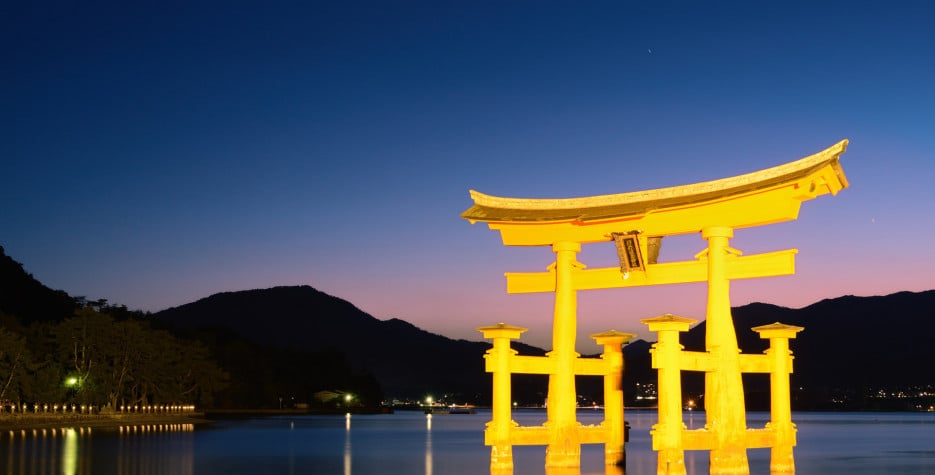When is Showa Day?
Showa Day is a Japanese public holiday held on April 29th, unless April 29th falls on a Sunday. Known in Japan as 'Shōwa no Hi', it is part of Golden Week.
Showa Day honours the birthday of Emperor Hirohito, the reigning Emperor before, during, and after World War II (from 1926 - 1989).
History of Showa Day
The Showa Era is the longest and most dramatic reign of an emperor in Japan’s history. Emperor Showa was the longest-living emperor. He died at age 87 after reigning for 63 years. In fact, the Showa Era literally covers some of modern Japan’s brightest and darkest hours. After his death in 1989, he was renamed Emperor Showa.
Traditionally the Emperor's birthday was a national holiday, and after the death of Emperor Hirohito in January 1989, April 29th was subsequently no longer celebrated as The Emperor's Birthday but instead as Greenery Day, part of Japan's Golden Week.
After many attempts since 2000, Greenery Day finally won approval to be renamed Shōwa Day in May 2005, and the decision to move the date of Greenery Day from April 29th to May 4th was taken.
The official purpose of the holiday is to reflect on Japan's Showa period when the nation recovered after the turbulent times and to think about the country's future.
Golden Week
Showa Day is the first holiday of Golden Week. The Golden Week is a period when four national holidays fall within the space of seven days. The days which are holidays each year depending on how the holidays fall in combination with the two weekends either side of Golden Week. It has become a very popular and busy holiday season in Japan.
Golden Week: A Guide to Japan's Busiest Public Holiday Season


